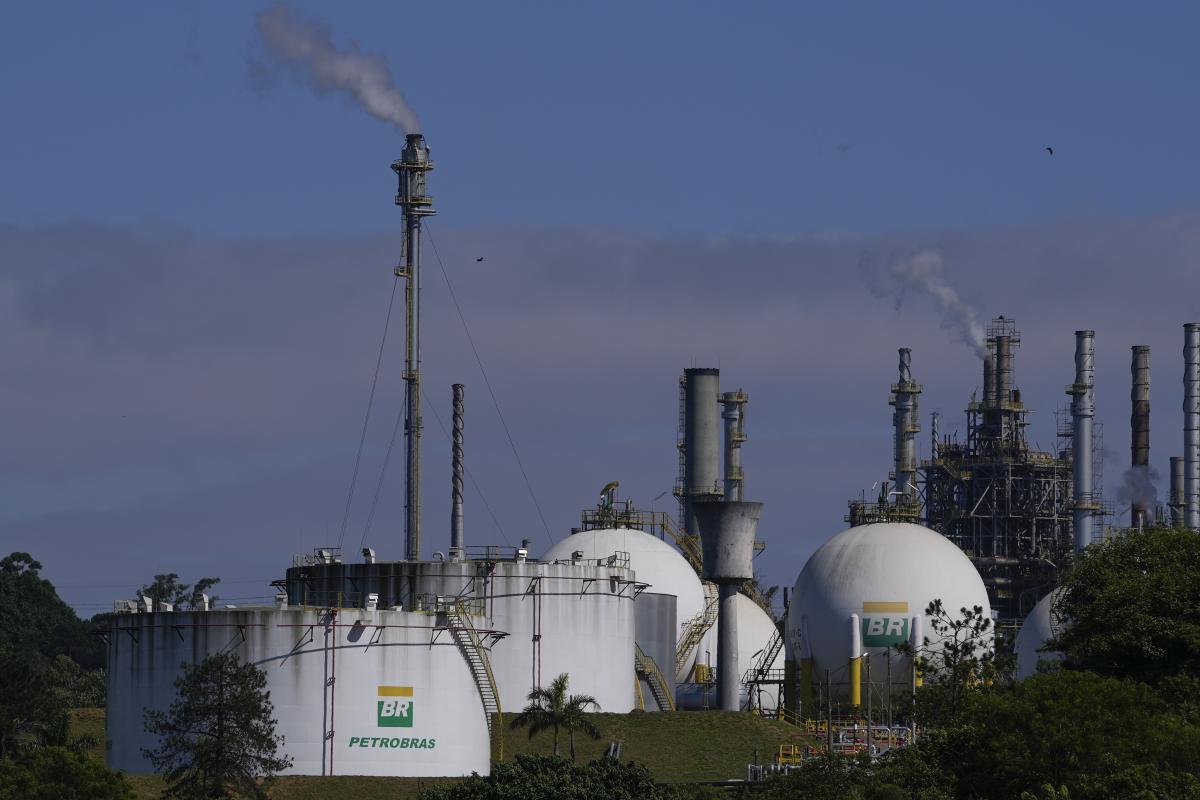The oil and gas sector, a major emitter of planet-warming gases, urgently needs a substantial overhaul to curb extreme weather events driven by human-induced climate change, as stated in a report released on Thursday.
The International Energy Agency emphasized that the current $800 billion annual investment in the oil and gas sector must be slashed by half, while greenhouse emissions from fossil fuel combustion need to decrease by 60% to align with global climate targets. Higher greenhouse gas levels in the atmosphere contribute to extreme weather events and other adverse impacts.
The release of the IEA’s report precedes the upcoming United Nations climate conference (COP28), which has drawn criticism due to the significant presence of oil and gas companies and fossil fuel-related entities. However, the IEA argues that involving the sector in discussions about transitioning to cleaner energy is crucial.
According to Fatih Birol, the executive director of the IEA, the oil and gas industry faces a critical juncture at COP28. “Oil and gas producers need to make profound decisions about their future place in the global energy sector,” stated Birol in response to the report.
Analysis by The Associated Press revealed that the previous climate conference in Egypt saw 400 representatives from the fossil fuel industry in attendance, igniting controversy within the environmental and climate advocacy communities. The upcoming conference has also come under fire for appointing the chief of the Abu Dhabi National Oil Company as the talks’ president.
The IEA highlights that the energy sector, particularly oil and gas, contributes significantly to human-related greenhouse gas emissions and methane emissions, which have a potent heat-trapping effect. To transition to a cleaner energy future, the report suggests that oil and gas companies explore alternative revenue sources such as clean hydrogen, carbon capture, and other untested innovations.
An examination of global climate pledges and a net-zero emissions scenario for 2050 reveals that oil and gas demand could decline substantially if countries fulfill their commitments. The IEA report estimates a potential drop of up to 75% in oil and gas demand if the world achieves net zero emissions by 2050.
Prior research by the IEA indicates that oil, gas, and coal demand is likely to peak by the end of the decade, signifying an inevitable decline as countries adopt cheaper and cleaner energy alternatives.
Vibhuti Garg, an energy analyst from the Institute for Energy Economics and Financial Analysis, asserts that the decreasing reliance on oil and gas is inevitable as countries embrace cleaner and more affordable energy options.
___
Follow Sibi Arasu on X, formerly known as Twitter, at @sibi123 ___
Associated Press climate and environmental coverage receives support from several private foundations. See more about AP’s climate initiative here. The AP is solely responsible for all content.


